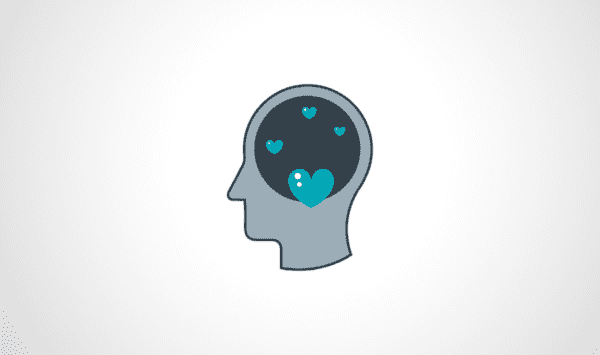
Empathy and solidarity are often mistaken for each other. Both terms are used to describe caring about people beyond self-interest, but empathy and solidarity focus our attention on different aspects of care. Empathy is about feeling for another person, while solidarity is about collective action against injustice.
When we empathize, we try to “walk a mile in another person’s shoes.” Empathizing at a group level still means trying to emotionally identify with a single member of a group. How do they feel? The expectation is often that if we can feel for each other, then we’ll achieve greater understanding of one another. Empathy is valuable in many cases, but is insufficient in coverage of marginalized people who need more than emotional understanding. They need coverage that includes calls for change.
A downside of some empathy reporting is that it can tug on readers’ heartstrings with narratives of despair and perseverance, or may become outright poverty porn. In other cases, empathy stories uphold the “model minority myth” by showcasing “one of the (relatable) good ones” and ignoring everyone else experiencing the same issue who may not all be similarly exceptional.
Many people are unaware of empathy fatigue, which can become a major issue for news audiences who may begin to avoid news when asked to empathize for too long.
Empathy is a limited resource – almost all of us can empathize, but we can’t do it indefinitely.
Burnout from empathizing for too long is common in health care, social work, nursing, education, and journalism. We often talk about burnout in terms of journalists, but it is also relevant when considering why users click away from content about ongoing issues of marginalization. Are they self-interested, or are they distressed? Likely both.
Think back to a time when you had a coffee with a friend or acquaintance and they told you about everything that’s bothering them. Afterwards, you may have felt tired. You’re not alone.
Social psychology research tells us that empathizing often depends on (1) perceived similarity to the person you’re empathizing with (“they’re just like me”), (2) perceived worthiness (“they’re great”), and (3) a sense that they are not responsible for their own problems (“they had some bad luck but tried their best”).
When empathy fatigue sets in, people (1) become desensitized and numb, (2) turn away from the topic or person, and (3) may start to blame the victim for their own problems.
People don’t necessarily sit down and decide to become desensitized, turn away, or victim-blame – these responses happen outside of awareness, as people are feeling distressed and helpless, so they emotionally regulate by taking a step back and turning to lighter material.
News avoidance has grown, alongside “doomscrolling” which contributes to mental distress and emotional exhaustion.
Some mental health organizations recommend not reading news in order to protect emotional well-being.
News stories on marginalized communities often rely on empathy because news organizations believe it will prompt audiences to care – and it likely will, but only to a point. After you exhaust your audience, it may be difficult to get them back.
On the other hand, there is no evidence of solidarity fatigue. When people can see paths forward and recognize they can join a collective effort bigger than one individual and bigger than themselves, their energy and hope may increase.


